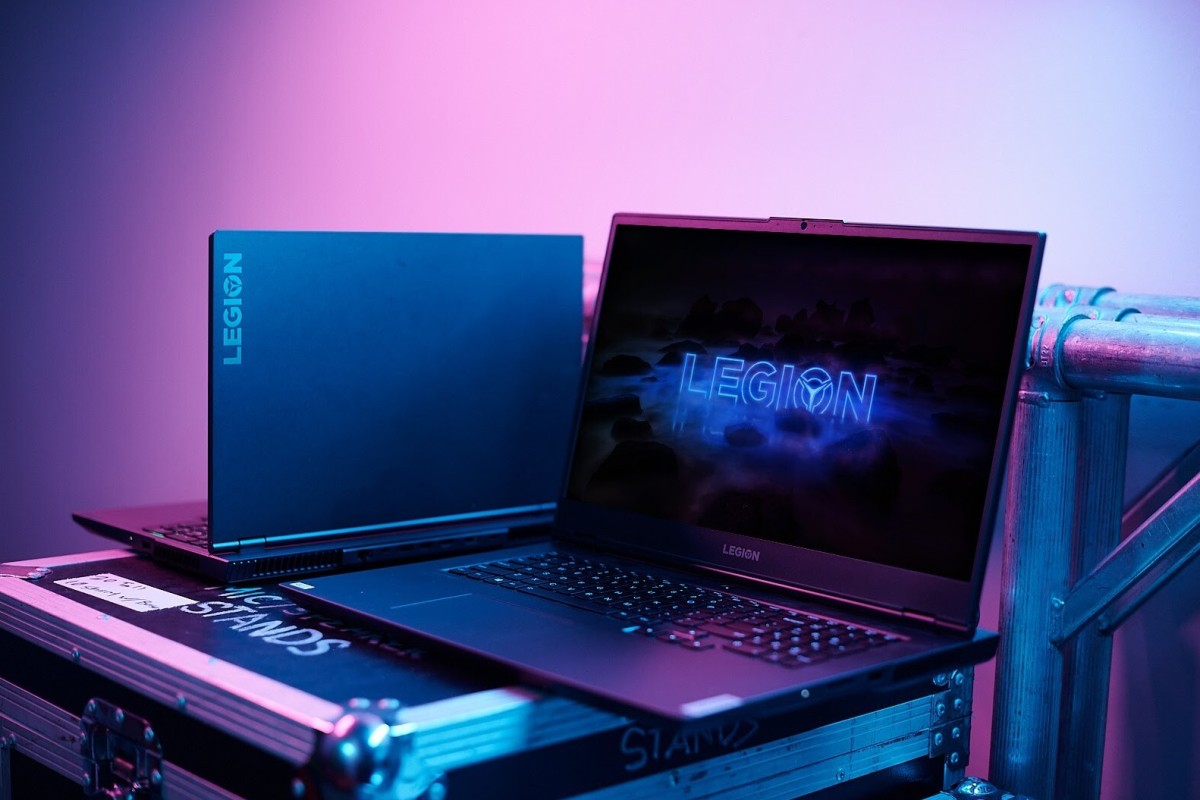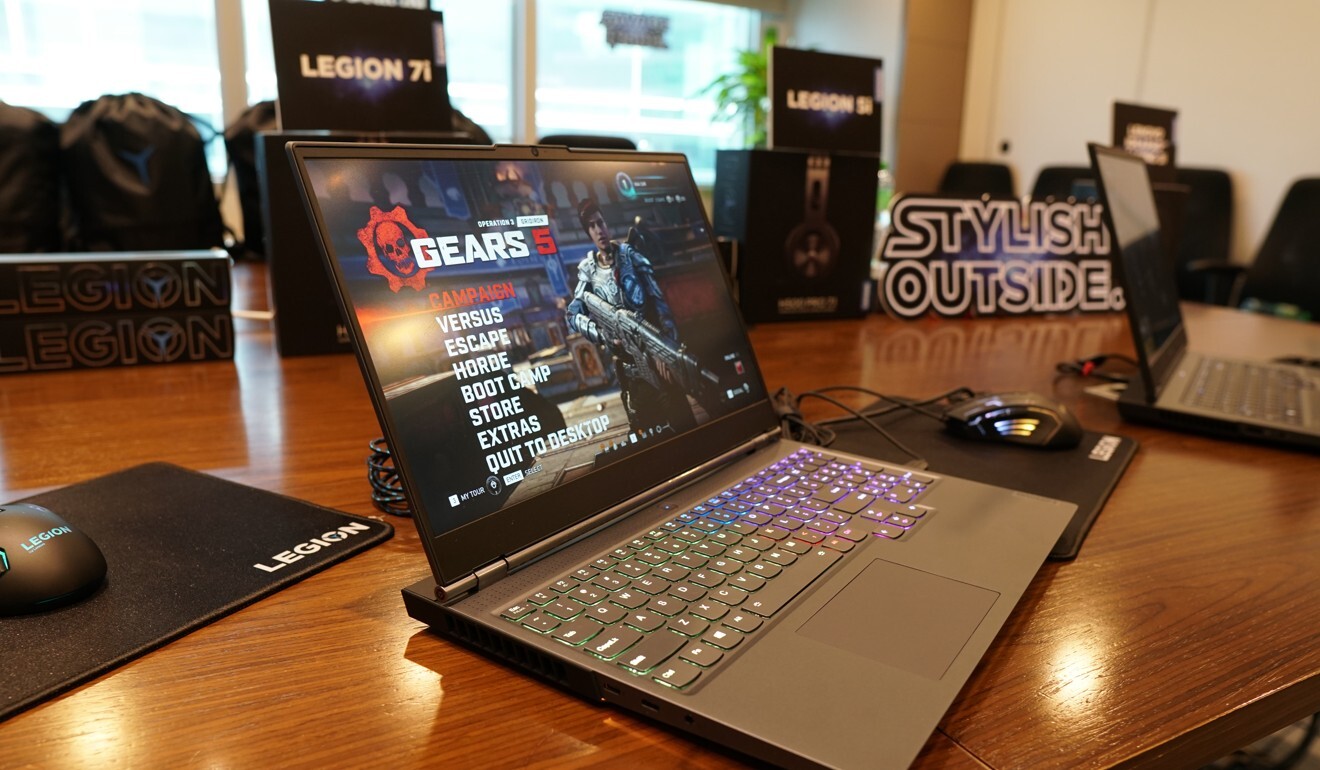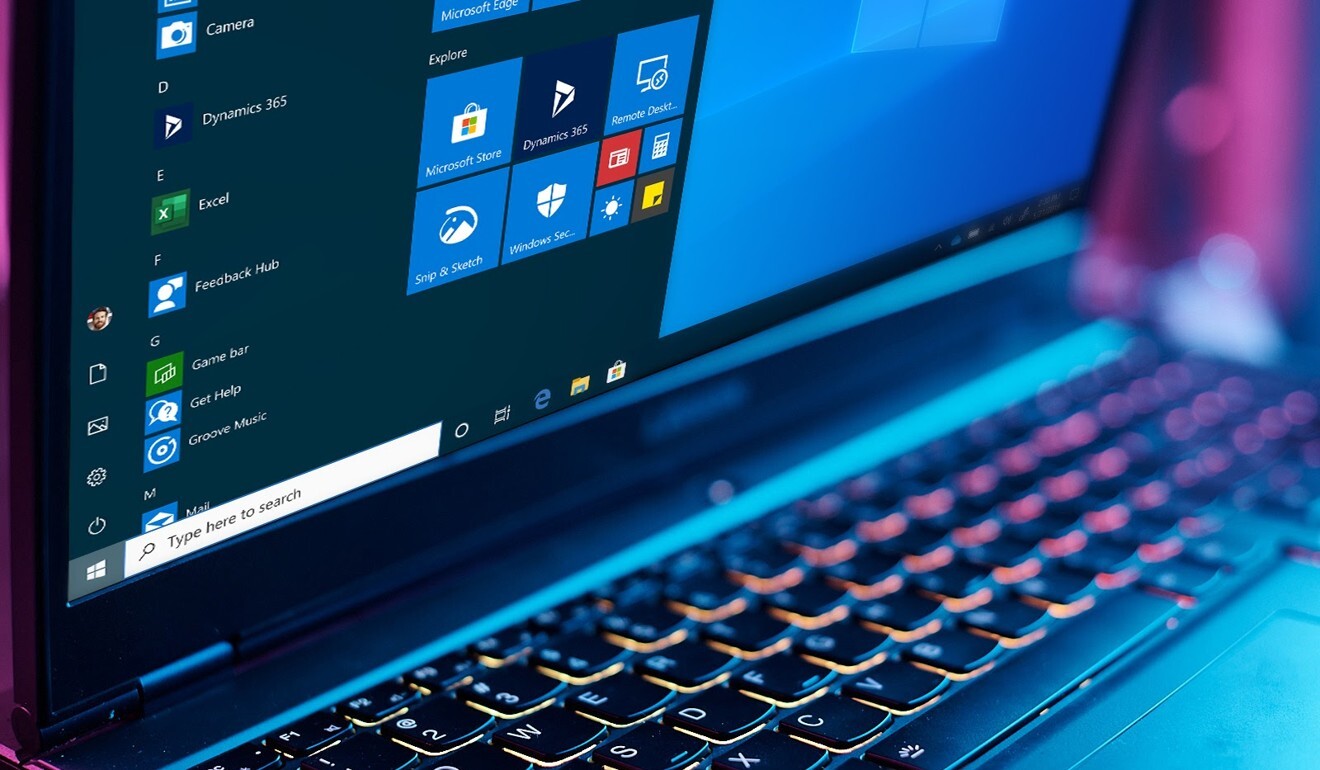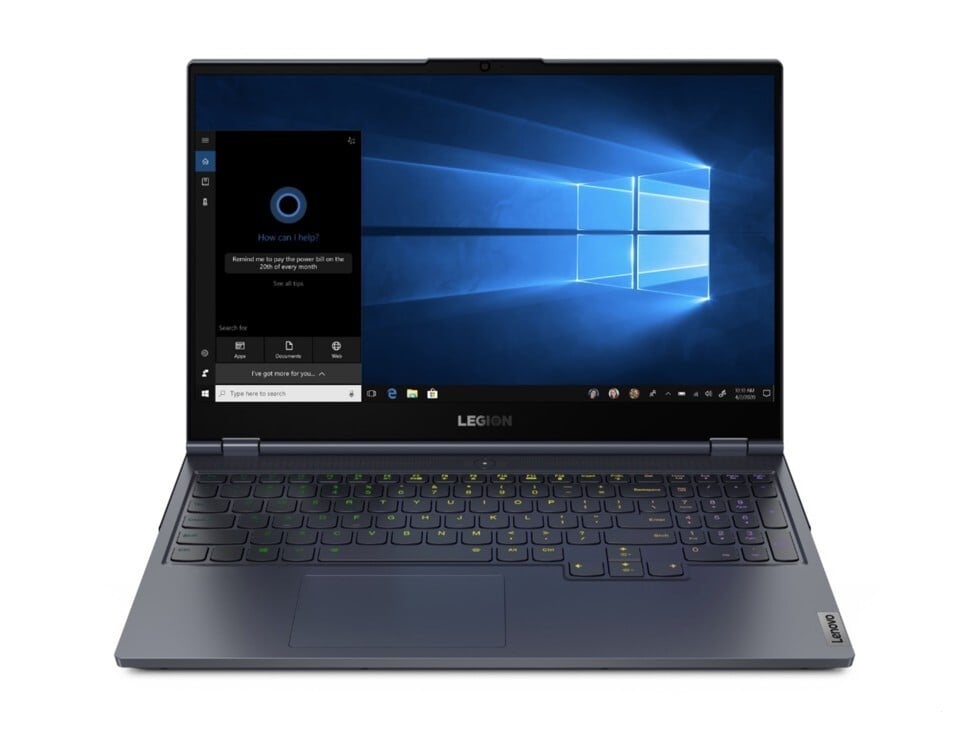
You can usually spot a gaming laptop from a mile away – they’re big, bulky, with glowing light strips usually dead centre on the clam shell lid – but Lenovo’s design team didn’t want to go down that route.
“We wanted to make something that’s a bit more sophisticated; a laptop that can be a gaming machine, but also one you can take into office boardrooms,” says Ian Tan, Lenovo’s gaming lead in Asia-Pacific, at this week’s media preview of the company’s new line of Legion gaming laptops. The latest releases are expected to hit the market in May.
All Legion models are well equipped, but the top of the line – the Legion 7 – obviously grabbed the most attention, since it is the first laptop to use Nvidia’s “Advanced Optimus” technology, a new graphics engine that can intelligently switch on the fly between a dedicated graphics processing unit (dGPU) and the basic integrated GPU (iGPU).
What that means is that the laptop will use iGPU in less graphic intensive situations and jump to dGPU when the action heats up – this should result in more battery endurance.

The new Legion 7 also has a redesigned vapour cooling system the company is calling “Coldfront 2.0”, which uses a combination of hardware and software to ease into cooling situations.
Although the Legion 7’s 15.6-inch IPS screen has a resolution of only 1,080p, it refreshes at either 144Hz or 240Hz (at extra cost). From my short time testing Gears of War 5 on the machine, graphics ran just about flawlessly, at 100fps without hiccups.

The machine sports a new keyboard design, with extra large arrow keys for gaming and a number pad for productivity tasks. I enjoyed the tactile 1.3mm key travel – much better than Apple’s MacBook keyboards. They’re anti-ghosting keys too (meaning dozens of keys can be pressed simultaneously without malfunction, a must-have feature for gamers). And it has top-notch internals including Intel’s 10th generation Core i9 processor and an 80Wh battery.
Overall, the Legion 7 can’t be called slim, with a thickness of 19.9mm and a weight of 2.2kg, but it’s relatively portable for a flagship gaming machine.
Next model down is the Legion 5, which comes in two screen sizes (17-inch and 15-inch) and has two variants: one powered by Intel and the other by AMD’s new Ryzen 7 4800H processor.

Intel’s processor is usually preferred by PC gamers due to its ability to use add-in graphics cards, but the AMD processor used here is new, so the AMD model is priced slightly higher than the Intel model.
Another hardware feature unique to Lenovo’s Legion line is that almost all the ports have been moved to the back. Tan explained that gamers often plug in their laptop to a larger monitor, and having ports in the back of the machine helps with cable/cord management.
Overall these machines seem well thought-out and constructed. The Legion 7 starts at HK$19,998 (US$2,580) – pricey for a work laptop but affordable for a top-notch gaming machine – and the Legion 5 models can be had from HK$9,998.







